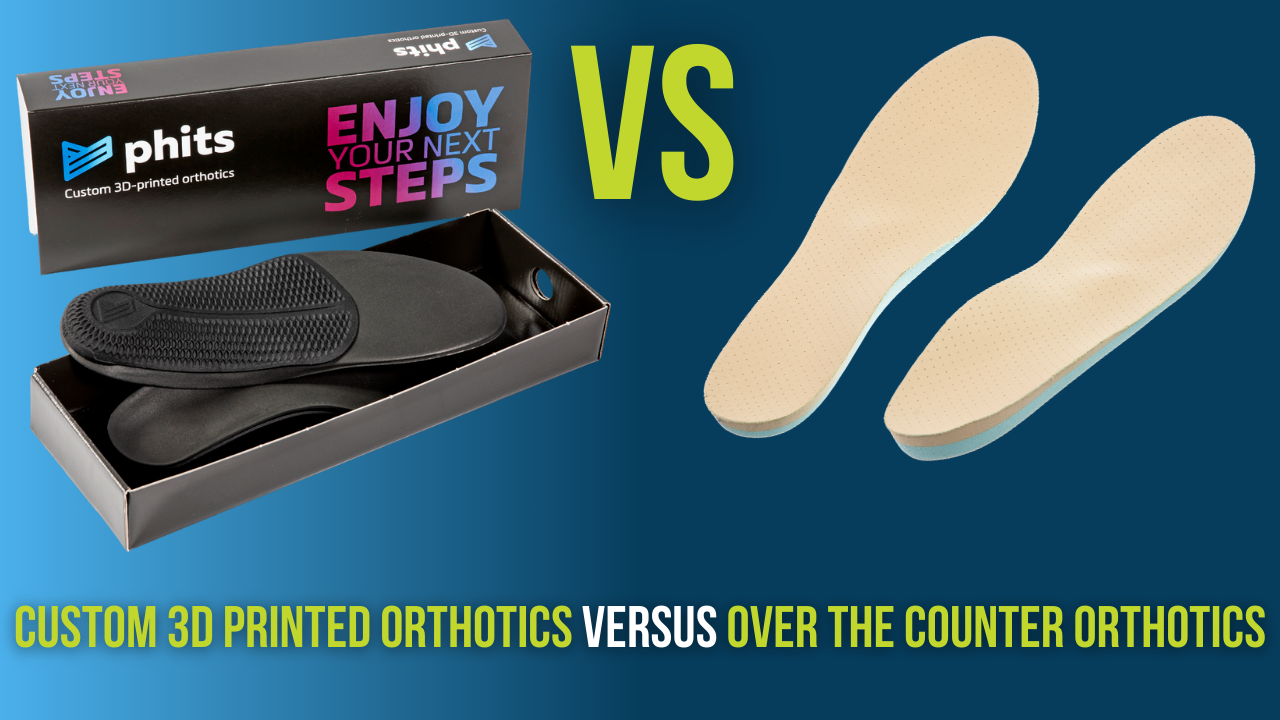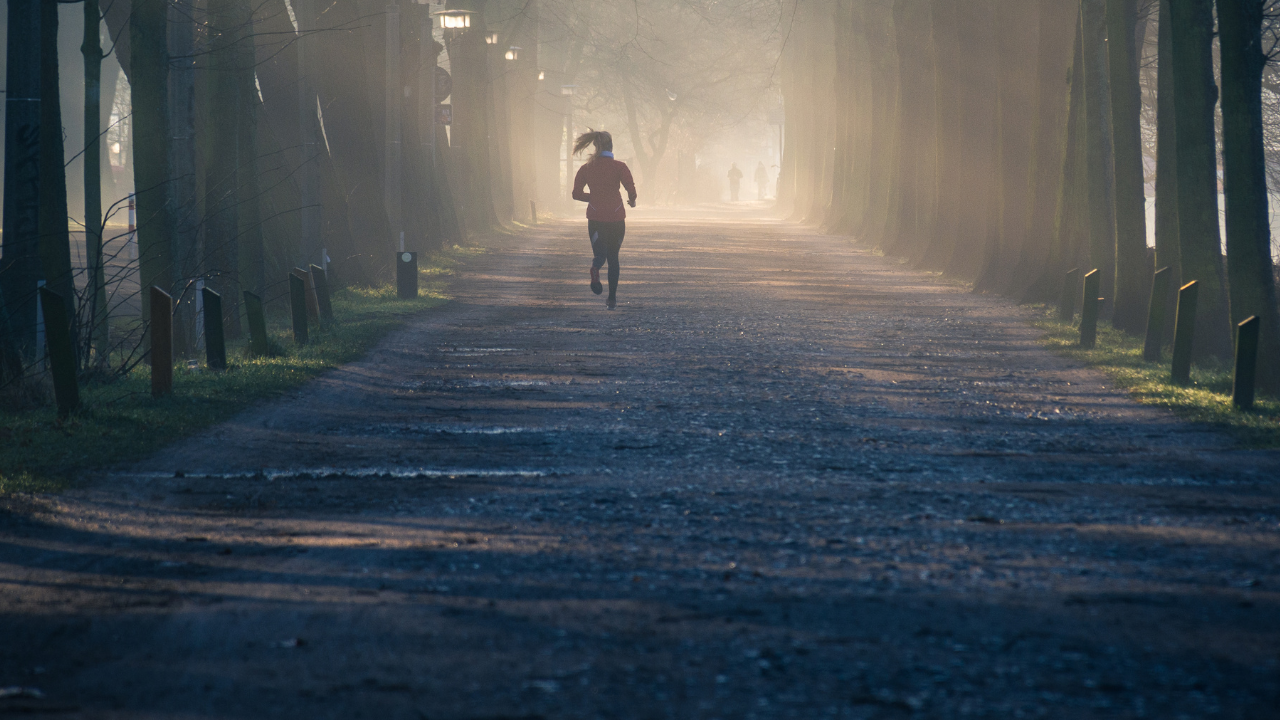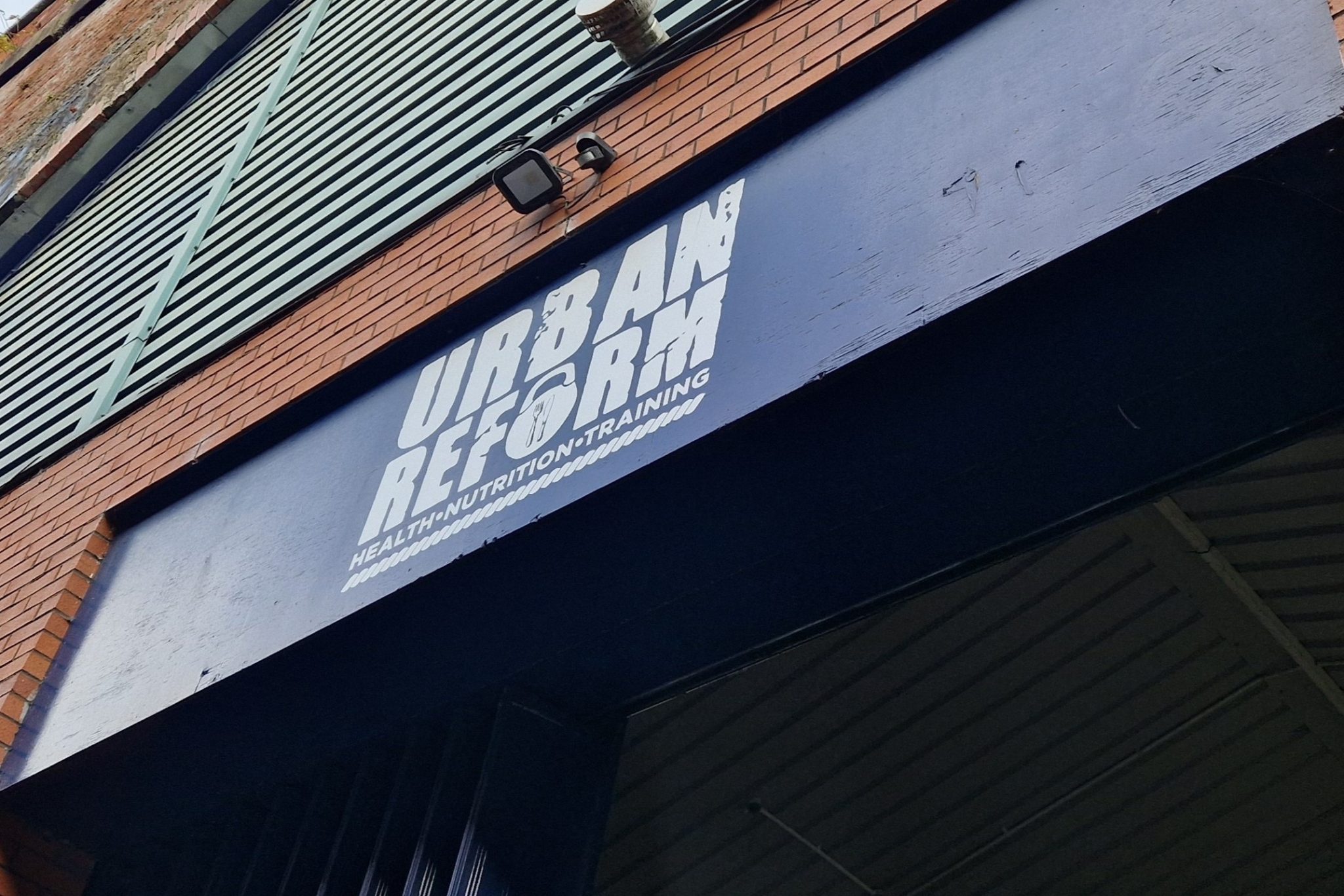introduction
Hi there, I’m Adam, one of the new team members to recently join Summit Physio! A little bit of background around myself: I’m 23 years old and I qualified last summer as a physiotherapist from Teesside University. I love gaming as well as all types of different sport from American football to MMA.
Hence why most recently, I had taken part in an MMA fight to raise money for Cancer
Research UK, which was a once-in-a-lifetime experience. I currently have/had family members who have fought cancer and so raising money for this cause was important for them and myself and I wanted to give my contribution for a good cause.
2 months to prepare
In terms of preparation, we had 8 weeks of MMA training which was mainly wrestling/jiu jitsu this consisted of 2 sessions per week in addition to my own strength and conditioning in the gym. It was interesting to try to find the balance between work and training and potentially dealing with injuries during fight camp (of which I ended up having to). As a physio, it was a good experience seeing first-hand how myself and other athletes dealt with injuries as well as some of the problems I had observed during this time..
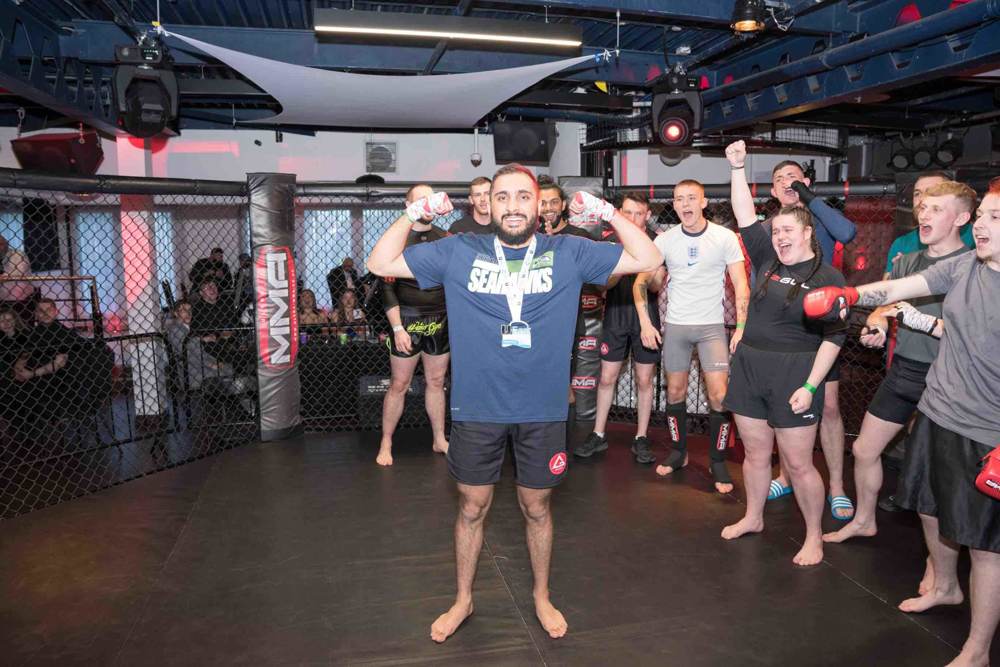

things to consider
Prior to the fight camp, I was already doing strength and conditioning so I had a moderate level of activity which I think potentially reduced the number of aches and pains and even injuries I would have gathered.
In comparison, if I had gone from very little activity to all off a sudden training 4 or times per week, that would have potentially increased the risk of injuries as it would have been a rapid increase in activity over a short period of time. Examples of injuries that could occur are overuse tendinopathies or muscle strains. I would mitigate these risks by warming up properly prior to training as well as keeping on top of my sleep and nutrition. It was difficult with sleep as I felt fatigued most of the time due to travelling and work which I think may have hindered my progress with my strength and
power training at times.
Things to consider
Prior to the fight camp, I was already doing strength and conditioning so I had a moderate level of activity which I think potentially reduced the number of aches and pains and even injuries I would have gathered.
In comparison, if I had gone from very little activity to all off a sudden training 4 or times per week, that would have potentially increased the risk of injuries as it would have been a rapid increase in activity over a short period of time. Examples of injuries that could occur are overuse tendinopathies or muscle strains. I would mitigate these risks by warming up properly prior to training as well as keeping on top of my sleep and nutrition. It was difficult with sleep as I felt fatigued most of the time due to travelling and work which I think may have hindered my progress with my strength and
power training at times.
My setbacks
In terms of my own injuries, there were three main ones of which all were sparring based with grappling and may/may have not been contributed to the factors mentioned above.
The first one was a potential Lateral cruciate ligament strain/overstretch with the mechanism of twisting whilst on the ground.
The second was a tricep/posterior arm strain caused during an arm bar as it was pulled with torsion/twisting which was irritated for a while.
The last injury was caused by a fall on an outstretched arm in which I thought I had torn a rotator cuff muscle as I had this radiating dull pain immediately after- I was most concerned about this injury as fight night was only 1.5 weeks away and I didn't want to have to pull out of the event. Luckily, I had full movement in my shoulder and the ache had dissipated after 10 mins but was still sore over the next few days which made me believe it was more of a stinger injury.
My rehab
Over the next 10 days, I began to rehab my shoulder to the point I was able to do rapid movements such as punching with no pain and was able to still fight. My rehab generally consisted of movements and isometric holds in the jab and hook position as these were most provocative. Then I progressed to bodyweight movements such as rows and push ups and then loaded them up with weight. Finally, I dropped the weight focused on speed and power. Now in reality I would have slowed down the process and took my time with progressing my rehab, but I wanted to be able to compete, so it was accelerated but not optimal!
My takeaways
The experience as a fighter and physio was valuable during this time and I feel now I have a better understanding of injury mechanisms as well as more acute management to better long-term outcomes.
In addition, I’ve also been able to experience the other side of being an injured athlete in terms of psychology and how this can affect them and injury management. In terms of training side of things, I feel I have a better understanding of the demands of combat athletes with training with strength and conditioning which I can apply in my clinical practice. Most importantly, we were able to raise money for a good cause and learned some skills in the process! I am taking on jiu Jitsu training now and plan to document my training to look back onto in the future.
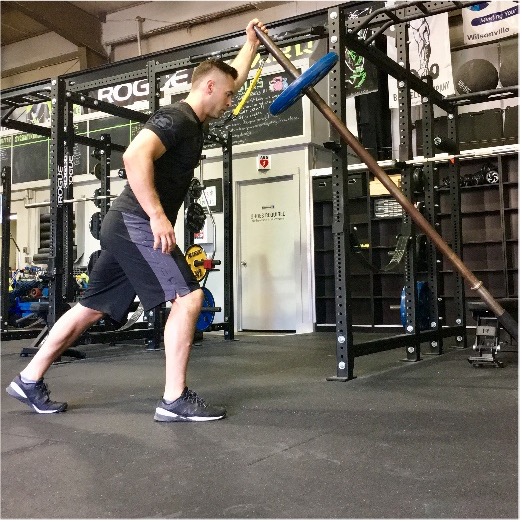
Impact on my clinical practice
Overall, this whole experience has reinforced my passion for wanting to help people reach their goals as I have now been on the other side of it! This has also highlighted the importance of a patient-centred approach with people as well as further emphasising that people are much more than their injuries. I think having patience as a clinician and as a patient and having that constant feedback is important in successful rehab as well as ensuring that confidence is improving. I am a big believer in
educating people through the process and it really is as important as the rehab itself!
What’s next?
Once you have achieved your end goal and are fully healed then you can continue your exercise or training to your full capacity.
If you’re looking for a physio you can trust with your rehabilitation journey then try Summit Physiotherapy. We’ll be here to support you with any training or injury-management advice that you might need!
Get in touch here and speak to a member of the Summit team!
We support a lot of athletes in the lead-up to events and we’re always here to help!
You can also follow us on Facebook, Instagram & LinkedIn to keep up to date.
